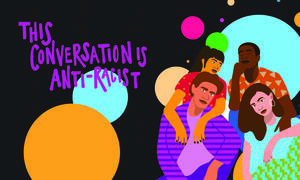text
Informational
Proclamation: To the Great White Father (November, 1969)
The announcement on November 20, 1969 from 89 American Indians – mostly students from colleges and universities – that they were taking over Alcatraz Island, set in motion what would become the longest occupation of a federal facility by Native Americans to date. This report aired a year later on NBC News, in December 1970, six months before the occupation ended.
July 2, 2014

